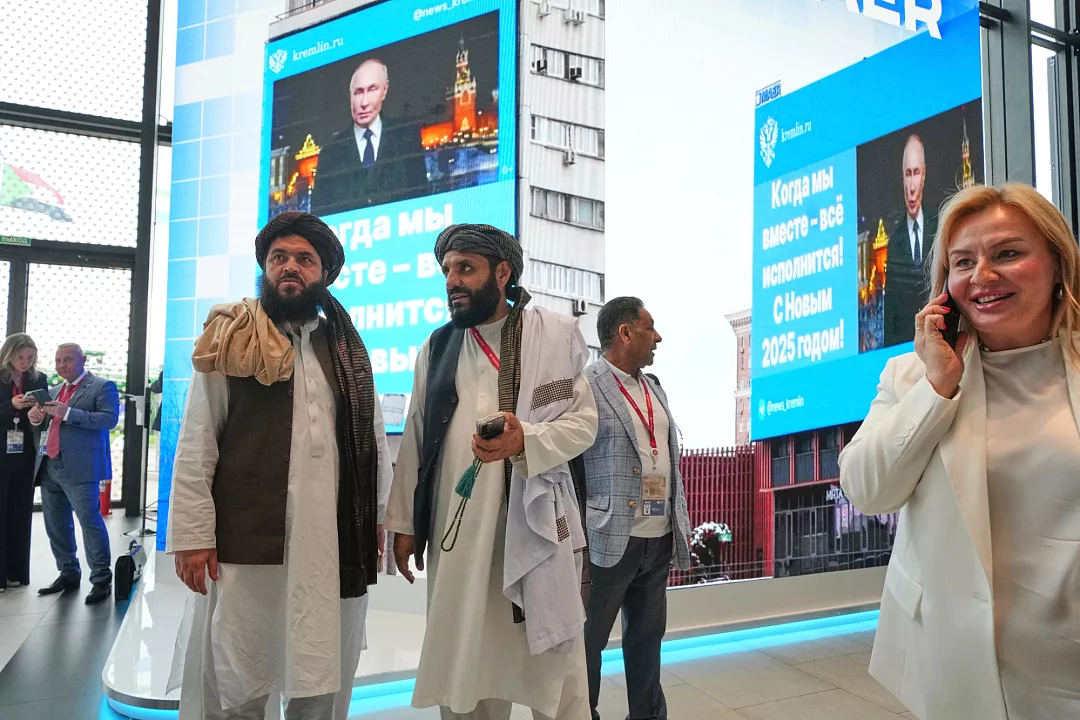Executive Summary:
The period following the April 22 Pahalgam terror attack in India (May 2025) exposed a multifaceted crisis for the Muslim community, marked by a brief but intense military confrontation with Pakistan, the controversial enactment of the Waqf (Amendment) Act, 2025, and a disturbing surge in anti-Muslim violence and hate speech. This confluence of events highlights a deepening communal polarization and a shifting, increasingly precarious landscape for Muslim identity and rights within the Indian polity. While India’s “Operation Sindoor” and Pakistan’s “Operation Bunyanum Marsoos” led to a U.S.-brokered ceasefire, the domestic fallout from the Pahalgam attack saw heightened scrutiny and communal targeting of Indian and Kashmiri Muslims, despite investigations yielding no major leads. Simultaneously, the Waqf (Amendment) Act, 2025, viewed by many as a state-led appropriation of Muslim religious endowments, triggered widespread protests and a Supreme Court challenge. This legislation, along with the surge in hate speech and real-world violence , underscores a worrying trend of majoritarian assertion and the systematic marginalization of Muslims in India, as reflected in a fragmented media landscape and a constant demand for loyalty tests from the Muslim community.
Main Points:
• Pahalgam attack triggered “Operation Sindoor” (India) and “Operation Bunyanum Marsoos” (Pakistan), followed by a U.S.-brokered ceasefire on May 10.
• Pahalgam attack investigations yielded no major leads, despite detaining over 150 Muslims.
• Indian and Kashmiri Muslims faced heightened scrutiny and communal targeting post- Pahalgam attack.
• The Waqf (Amendment) Act, 2025, seen as state overreach, abolished “waqf by user” and mandated non-Muslim inclusion on Waqf Boards.
• Supreme Court reserved judgment on petitions challenging the Waqf Act’s infringement on religious freedoms.
• Widespread protests against the Waqf Act erupted across India, led by Muslim religious and civil society organizations.
• A “sharp spike” in anti-Muslim hate speech was observed, with India Hate Lab documenting 64 incidents and a 74% increase in anti-minority hate speech in 2024.
• Incendiary “Hindutva Pop” music, calling for violence and demonizing Muslims, gained significant traction online.
• Real-world anti-Muslim violence, including targeted killings, assaults, discrimination, and “bulldozer justice” demolitions, surged.
• Indian media was starkly divided, with mainstream outlets adopting a nationalistic stance while Urdu dailies promoted unity and countered communal narratives.




![Afghan men search for victims after a Pakistani air strike hit a residential area in the Girdi Kas village, Nangarhar province on February 22, 2026. [Aimal Zahir/AFP/Getty Images]](https://southasiatimes.org/wp-content/uploads/2026/02/gettyimages-2262391441.webp)

